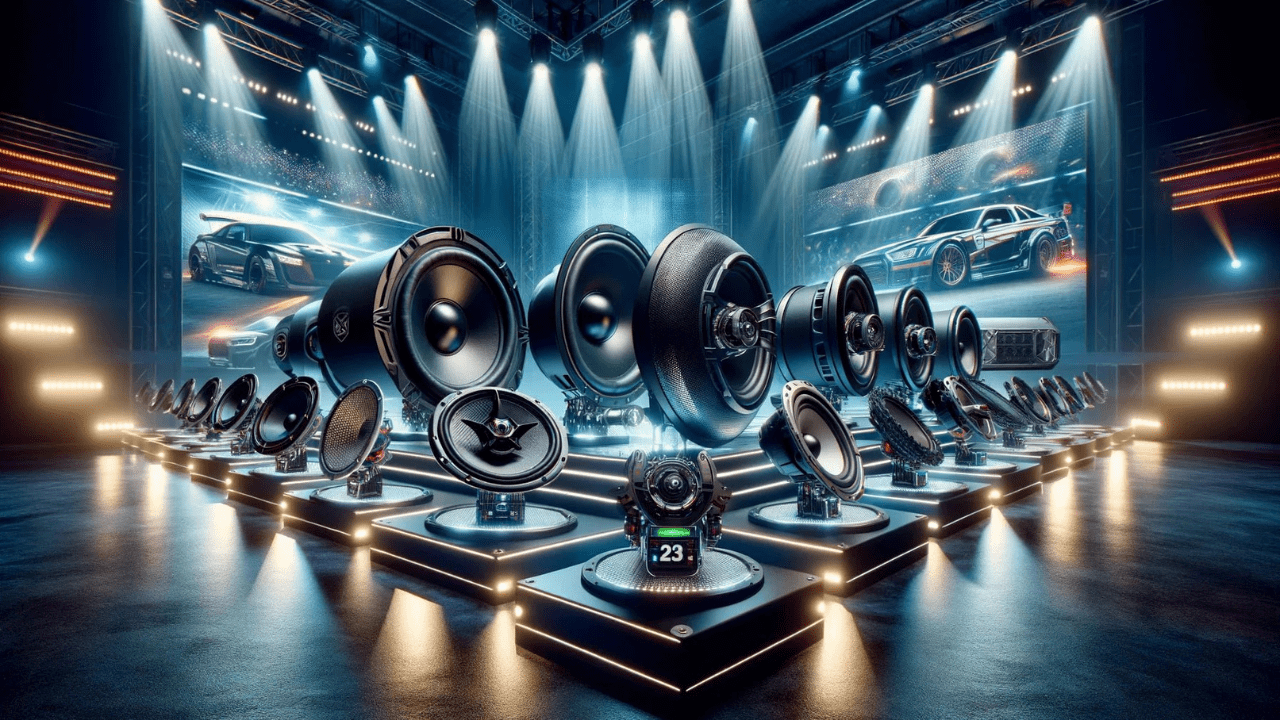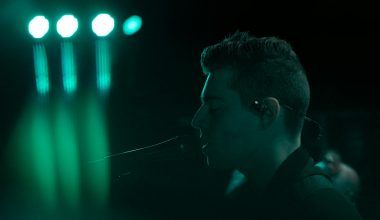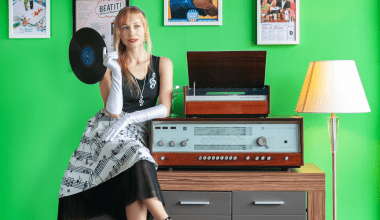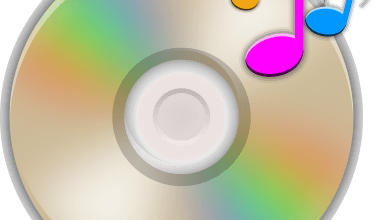The world of sound is vast and ever-evolving, encompassing music, design, technology, and innovation. Within this universe lies an exciting niche—sound competition. These contests challenge individuals and groups to push their creative limits, crafting unique auditory experiences that captivate and inspire. Whether you’re a musician, sound designer, or audio enthusiast, sound competitions provide a platform to showcase your talent and test your skills.
What is Sound Competition?
A sound competition is an event or contest focused on auditory creativity and technical skill. Participants compete by creating, mixing, or manipulating sounds in innovative ways. These competitions span various fields, including:
- Music Production: Creating tracks within a genre or style.
- Sound Design: Crafting unique audio effects or soundscapes.
- Car Audio: Designing high-performance car sound systems.
- Beat Battles: Producing original beats for specific challenges.
Sound competitions celebrate creativity, technical mastery, and the ability to connect with audiences through sound.
The Evolution of Sound Competition
Sound competitions have grown significantly in recent years, fueled by technological advancements and a growing appreciation for audio artistry. Here’s a look at their evolution:
- Early Days
Sound competitions began as informal challenges among musicians and engineers. - Digital Revolution
With the advent of digital audio workstations (DAWs) and software, competitions became more accessible. - Global Platforms
Online platforms now host international sound competitions, connecting creators worldwide. - Diverse Categories
Today, sound competitions cover a wide range of disciplines, from music production to immersive audio experiences.
Popular Types of Sound Competitions
Sound competitions come in many forms. Here are some of the most popular categories:
1. Music Production Contests
Participants create original tracks within specific guidelines, such as genre, tempo, or theme.
Notable Events:
- Splice Remix Contests.
- BeatStars Beat Battles.
Skills Required:
- Creativity in composition.
- Mastery of production tools.
2. Sound Design Challenges
These competitions focus on creating unique audio effects or soundscapes for games, films, or advertisements.
Notable Events:
- Boom Library Sound Design Contests.
- Krotos Sound Design Challenges.
Skills Required:
- Expertise in audio manipulation.
- Attention to detail and storytelling.
3. Car Audio Competitions
Participants design high-performance car audio systems, judged on sound quality and technical design.
Notable Events:
- IASCA Sound Quality League (SQL).
- dB Drag Racing.
Skills Required:
- Knowledge of acoustics and audio engineering.
- Installation and tuning expertise.
4. DJ Battles
DJs compete by showcasing their mixing, scratching, and track selection skills.
Notable Events:
- Red Bull 3Style.
- DMC World DJ Championship.
Skills Required:
- Technical proficiency with turntables or controllers.
- Crowd engagement and creativity.
5. Immersive Audio Contests
These competitions explore 3D and spatial audio, often for VR, AR, or installations.
Notable Events:
- AES Student Recording Competition.
- 360° Audio Design Contests.
Skills Required:
- Advanced understanding of immersive sound technology.
- Creativity in spatial audio placement.
How to Prepare for a Sound Competition
Preparation is key to excelling in any sound competition. Here’s how to get started:
1. Understand the Rules
- Read the competition guidelines carefully.
- Ensure your submission meets all technical requirements.
2. Choose the Right Tools
- Use reliable DAWs and plugins like FL Studio, Ableton Live, or Pro Tools.
- Invest in quality audio equipment, such as headphones and monitors.
3. Practice Your Skills
- Experiment with different genres and techniques.
- Build a portfolio of work to refine your style.
4. Get Feedback
- Share your work with peers or mentors.
- Use constructive criticism to improve your entry.
Judging Criteria in Sound Competitions
Each competition has its own judging criteria, but common factors include:
- Creativity
- How unique and original is the sound?
- Technical Quality
- Is the sound clean and professionally produced?
- Adherence to Guidelines
- Does the entry meet the specified rules?
- Emotional Impact
- Does the sound resonate with listeners?
Benefits of Participating in Sound Competitions
- Skill Development
Competitions push you to improve your craft. - Networking Opportunities
Connect with industry professionals and like-minded creators. - Recognition
Gain exposure for your talent and build your portfolio. - Prizes and Opportunities
Win cash prizes, equipment, or career-boosting collaborations.
Tips for Success in Sound Competitions
- Be Unique
Stand out by experimenting with unconventional sounds. - Tell a Story
Create soundscapes or tracks that evoke emotions and narratives. - Master Your Tools
Familiarize yourself with your DAW and plugins to work efficiently. - Stay Current
Follow industry trends and incorporate them into your work.
Challenges in Sound Competitions
While exciting, sound competitions come with challenges:
- Time Constraints
Deadlines can be tight, requiring efficient workflows. - High Competition
Facing talented participants from around the world can be intimidating. - Resource Limitations
Not everyone has access to high-end equipment.
The Future of Sound Competition
As technology advances, sound competitions are becoming more innovative. Emerging trends include:
- AI-Powered Sound Creation
Competitions exploring AI-generated music and sound design. - Sustainability Themes
Challenges focusing on eco-friendly audio solutions. - Hybrid Events
Combining in-person and virtual formats for broader participation.
Final Thoughts
A sound competition is more than just a contest—it’s a celebration of creativity and innovation. Whether you’re a seasoned professional or a budding enthusiast, these events offer a platform to learn, grow, and showcase your skills.
Related Articles:
For further reading, explore these related articles:
- What is Mono Audio: A Simple Guide to Mono Sound and Its Applications
- Online Mastering: Make Your Music Sound Amazing
For additional resources on music marketing and distribution, visit Deliver My Tune.






